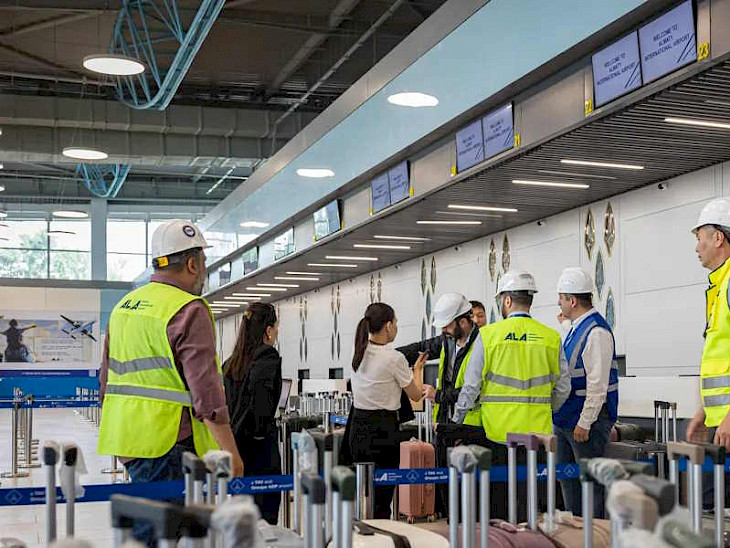In 2025, a total of 9,586 ethnic Kazakhs returned to their historical homeland and obtained kandas status, according to the press service of Kazakhstan’s Ministry of Labor and Social Protection. Since 1991, about 1.16 million ethnic Kazakhs have resettled in the country, reports Forbes.kz.
From January to September 2025, 45.7% of kandas arrivals came from Uzbekistan, 41.8% from China, 4.6% from Turkmenistan, 2.7% from Mongolia, 2.6% from Russia, and 2.6% from other countries.
As of September 1, 2025, 58.7% of ethnic returnees are of working age, 32.3% are minors, and 9% are pensioners. In terms of education, 15.4% of working-age kandas hold higher education degrees, 29.7% have vocational training, 52.3% have completed secondary education, and 2.6% have no formal education.
The ministry noted that the returnees have settled across different regions of Kazakhstan. Priority resettlement areas with labor shortages include the Akmola, Abai, Kostanay, Pavlodar, Atyrau, West Kazakhstan, East Kazakhstan, and North Kazakhstan regions. For 2025, the regional kandas resettlement quota is set at 2,309 people. As of September 1, 1,467 have already relocated to these designated regions.
Kandas families moving to labor-deficit regions receive government support. Benefits include a one-time relocation subsidy of 70 MCI (275,200 tenge or about $500) per family member, along with monthly housing and utility allowances ranging from 15 to 30 MCI (59,000–118,000 tenge or $109–$218) for one year. Since the beginning of the year, 594 kandas have received various forms of support, with 237 securing permanent employment.
To enhance the effectiveness of voluntary resettlement, institutional measures have also been introduced to support employers involved in relocating citizens to northern regions. The ministry explained that an “economic mobility certificate” has been launched, enabling kandas families to purchase or build housing, or to cover part of a down payment on a mortgage loan. The certificate provides up to 50% of the housing cost, or a maximum of 4.56 million tenge (around $8,400) per family, on a one-time, non-repayable basis.
CentralasianLIGHT.org
September 29, 2025

